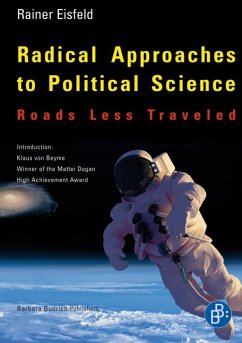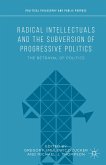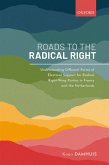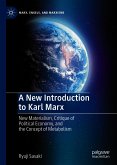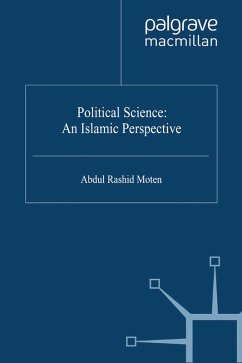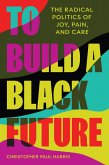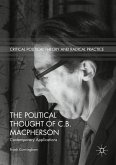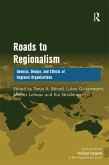This ground breaking volume offers a range of alternative approaches to political science, highlighting problems too rarely confronted by "mainstream" political scientists. Ranging from Gunfighter Sagas to the changing faces of an imaginary Mars, the innovative chapters introduce whole new ways of rethinking politics, stirring up the all too conventional ways of the discipline. "Klaus von Beyme, one of the most erudite members of our profession, in his introduction conclusively demonstrates the book's crossdisciplinary merits. I believe this valuable work will be a powerful boost to an international, comparatively informed, pluralist political science." Theodore J. Lowi (Cornell University), former President, International Political Science Association
Dieser Download kann aus rechtlichen Gründen nur mit Rechnungsadresse in A, B, BG, CY, CZ, D, DK, EW, E, FIN, F, GR, H, IRL, I, LT, L, LR, M, NL, PL, P, R, S, SLO, SK ausgeliefert werden.

